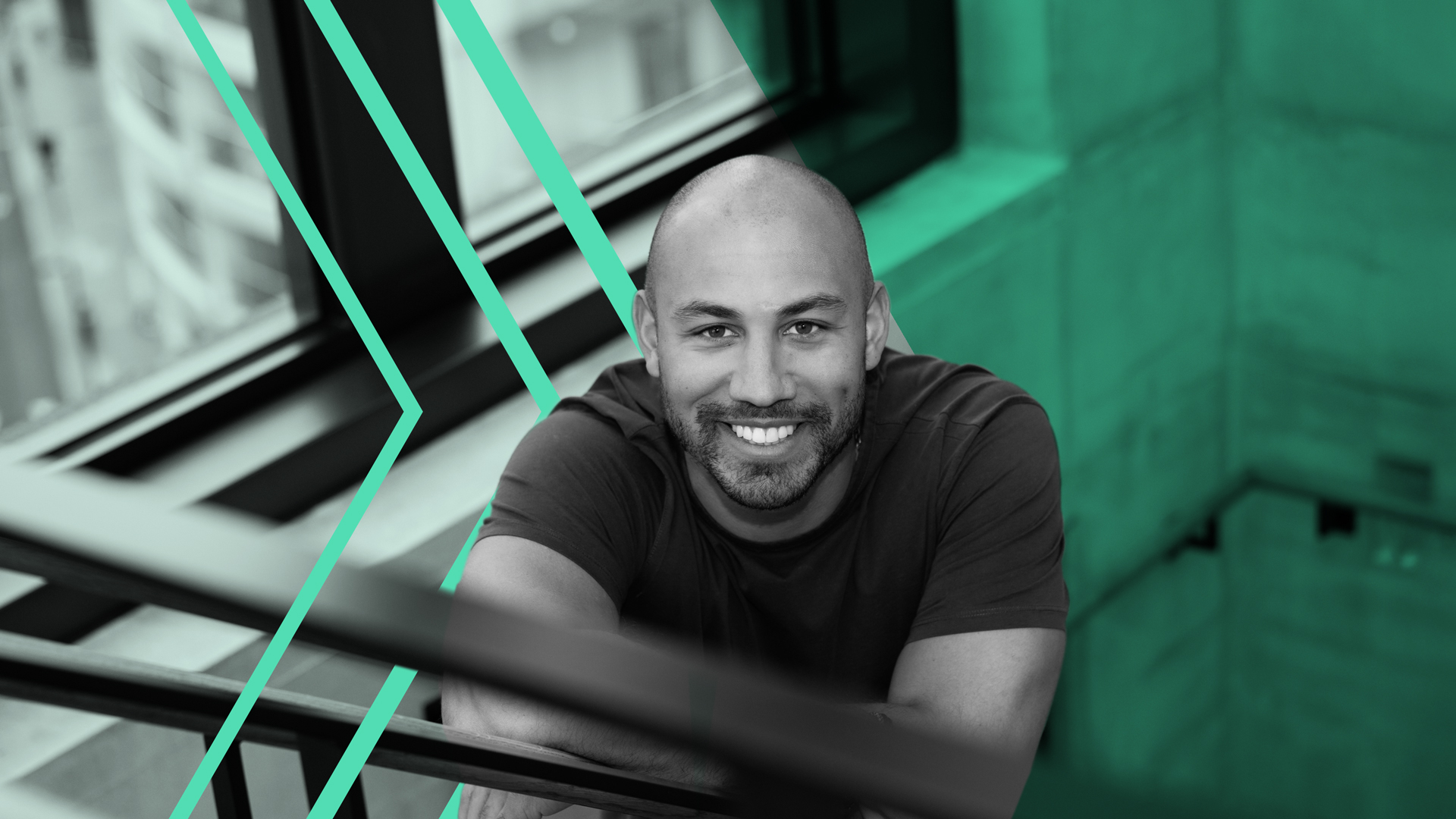
Tim Steiner remembers the turn of the millennium as a moment when everything seemed up for reinvention. A high-yield bond trader at Goldman Sachs, he looked at groceries – vast, routine, oddly impersonal – and saw a chance “to do something kind of more interesting, more important, in some ways”.
The insight wasn’t just about selling food online; it was about using software and robotics to restore the personalisation shoppers had lost as supermarkets scaled up, while keeping prices low and ranges wide. “Naivety is possibly really important in starting a business,” he says of the leap he took in 2000 with two friends to found Ocado.
The early years were an education in complexity and people. Steiner learned to distrust jargon. “If you can’t explain to me what you’re doing in a way that I can understand it, that’s a red flag,” he says, a hiring rule that endures inside a company now defined by engineers and problem-solvers.
He also imported a trader’s habit of daily re-evaluation: change course fast when data proves you wrong. That fed an aggressive culture of goal-setting: “I’d much rather set a budget to go to the stars and reach the moon than set a budget to go up two stairs and go up three”. Over time, a shift from online grocer to a technology platform licensing its Ocado Smart Platform to incumbents worldwide.
Partnerships were pivotal. Ocado began selling Waitrose products in 2002, The relationship eventually gave way to a £750m joint venture with Marks & Spencer in 2019, which swapped in M&S own-label lines for Ocado Retail and helped reset the business mix.
The tech side deepened too: by 2021 Ocado counted around 10 international grocery partners for its automated fulfilment and software stack, a roster it continues to develop. The path wasn’t smooth. A catastrophic fire at Ocado’s Andover facility in 2019, traced to an electrical fault at a battery charging unit, wiped out capacity and tested the company’s resilience; a smaller incident followed at Erith in 2021.
Steiner frames the response, rerouting volume, tightening systems, as proof that Ocado could absorb shocks and improve. Market tides also turned. The pandemic’s online surge ebbed; tech valuations deflated. Steiner’s view is pragmatic: online grocery still compels because it removes a chore, and the underlying migration continues as automation brings costs down for e-commerce and pressure builds on legacy store economics.
The aim is to help big retailers become the winners of that transition by marrying Ocado’s robotics, AI and software with their scale. “We have 10 global clients today who are all incumbent grocers,” he notes, arguing incumbents rarely disrupt themselves but can partner to do so.
Through it all, the discipline is to ignore the daily “scorecard” of the share price and keep iterating the product. Steiner still insists on clarity over buzzwords, still pushes targets forward the moment they’re within reach, and still treats mistakes as data rather than embarrassment.
Two decades after launch, Ocado is less a supermarket than a systems company whose warehouses hum with robots and code. The founding bet remains intact: if you can deliver fresher food, bigger ranges and great service, at prices consumers recognise, technology can change how the world shops, one fulfilment centre at a time.
Related and recommended

Sponsored content: As generative AI use surges, organisations must manage copyright and data risks through clear policies, licensing and responsible content use

Artificial intelligence can reconfigure and connect existing knowledge, but it can’t create something new on its own - that’s for people

Oliver Kent-Braham, one of the twins behind the fintech unicorn Marshmallow, applied his early success in tennis to building one of the UK’s fastest-growing companies

From Premier League glory to blockbuster boxing, these companies have all posted knockout growth over the past three years

